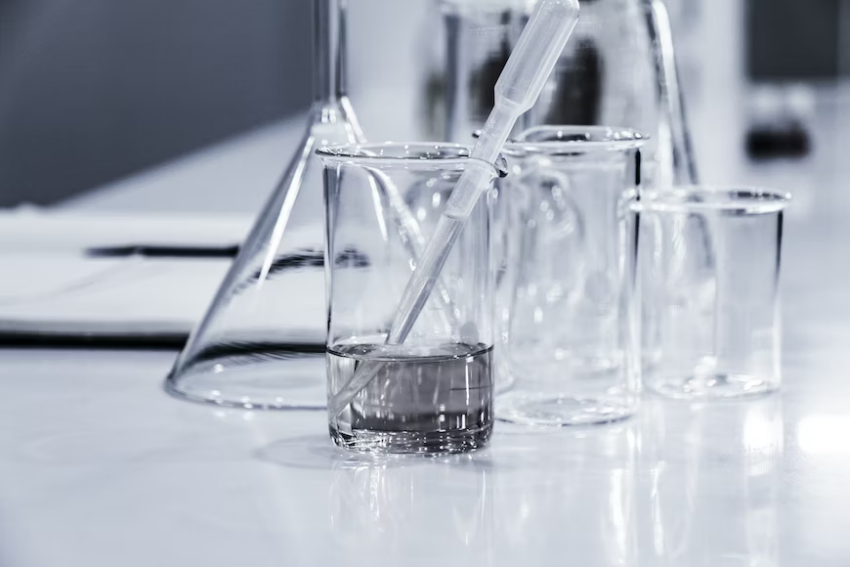Water testing for residential properties is a process of analyzing the quality of drinking water in homes. It entails collecting samples from various sources such as taps, showers, and wells. The sample is then taken to a lab where it undergoes extensive analysis to determine its safety. Some common contaminants that are tested include lead, arsenic, nitrate, bacteria, and other chemical compounds.
The Water Testing Process
The water testing process starts with the collection of the sample. It is important to collect samples from various sources to get an accurate representation of the water quality. The next step involves sending the sample to a lab for analysis. A range of tests are conducted on the sample such as pH test, turbidity test, coliform/bacteria count, total dissolved solids (TDS), heavy metals, and other organic compounds.
The results of the water testing will determine whether contaminants are present in the sample or not. If any type of contaminant is detected during the testing process, then additional steps must be taken to rectify the issue. Generally, this involves either switching to a different water source or treating the existing water source with filtration methods. For example, Kinetico Water Systems from NorCal Water is a leading solution. It is important to note that not all contaminants can be removed by all filtration methods, so it’s important to get the necessary professional advice before taking any measures.
By regularly testing your residential water supply and following the advice of experts, you can ensure that your family is drinking safe and clean water; this will also help protect your home from costly repairs that may be necessary if contaminants are found in the water supply.
Your local water authority should provide information on residential water testing services, or else you could hire a private contractor to conduct tests for you. Generally, the water utility company will take a sample of your domestic water supply and test it for different types of contaminants, ranging from microorganisms to chemicals such as lead or chlorine. During this process, they may also take samples from different areas to get an accurate picture of the water quality in your area.
Why is Water Testing Important?
Water testing is important for ensuring the safety of your household. Contaminants in tap water can lead to a variety of health issues, from nausea and headaches to more serious complications such as cancer and organ damage. Additionally, certain types of problems in drinking water can be difficult or impossible to detect with the naked eye, so having it tested is the only way to make sure that it is safe. Testing also helps identify potential sources of contamination, so you can take steps to protect your family and prevent further issues.
What are the Different Types of Water Tests?
There are several different types of water tests available, depending on your needs. Common tests include:
Chemical analysis – This type of test looks for contaminants like metals, nitrates, and other pollutants.
Bacterial analysis – This test checks for the presence of bacteria in your water that could be potentially harmful to your health.
Physical tests – These tests measure things like pH, turbidity (cloudiness), color, odor, taste, and temperature.
Radiological testing – This test looks for radiation or other radioactive substances in your water.
Organic testing – This type of test checks for organic compounds like pesticides, herbicides, and other chemicals.
Why not contact experts today?
